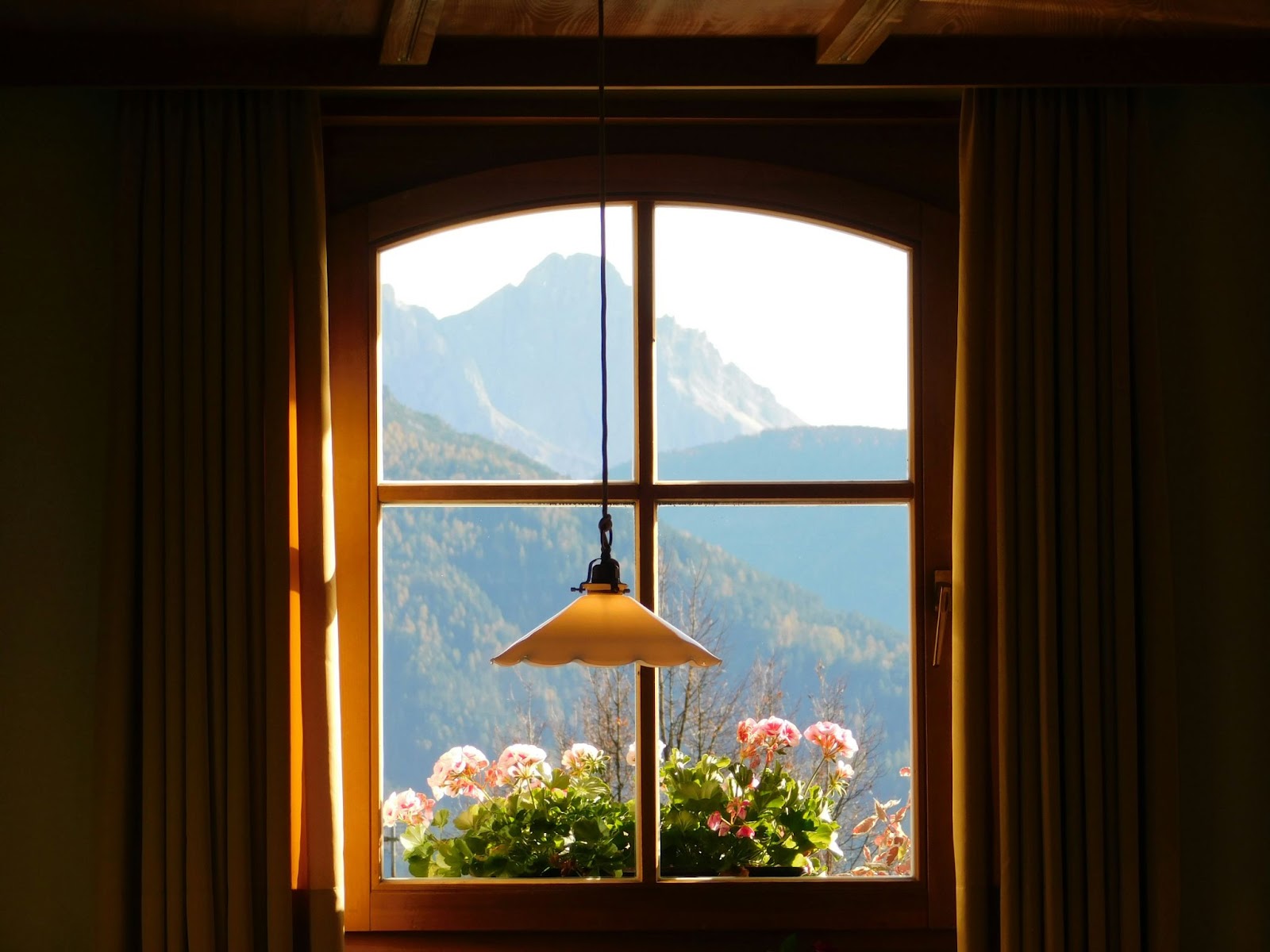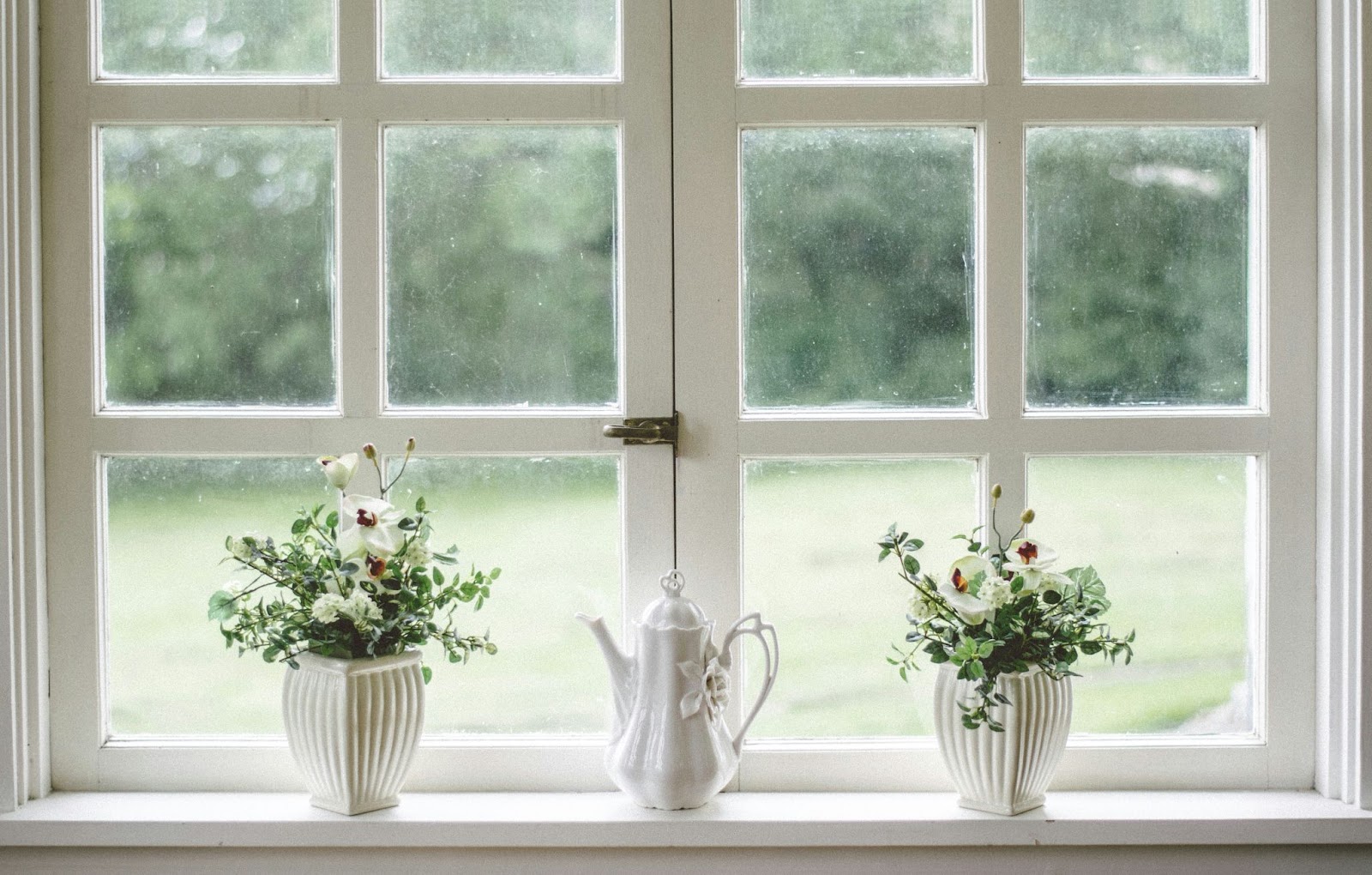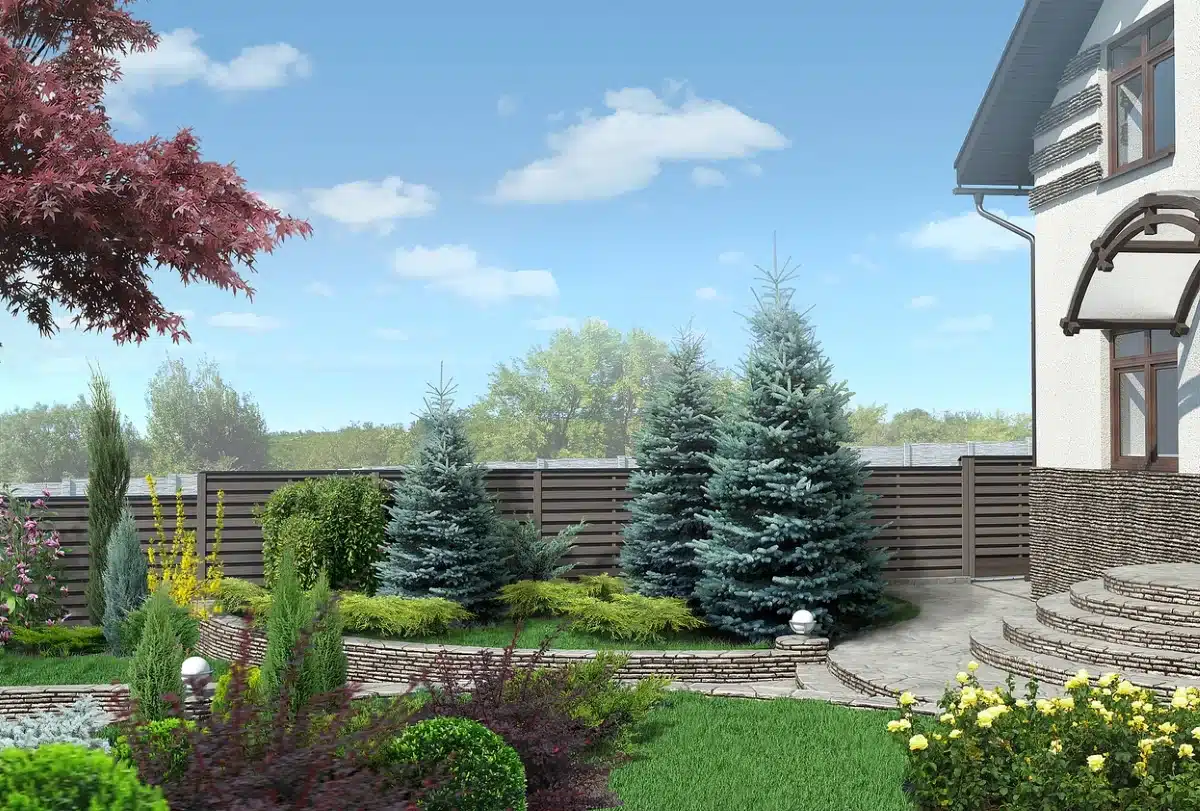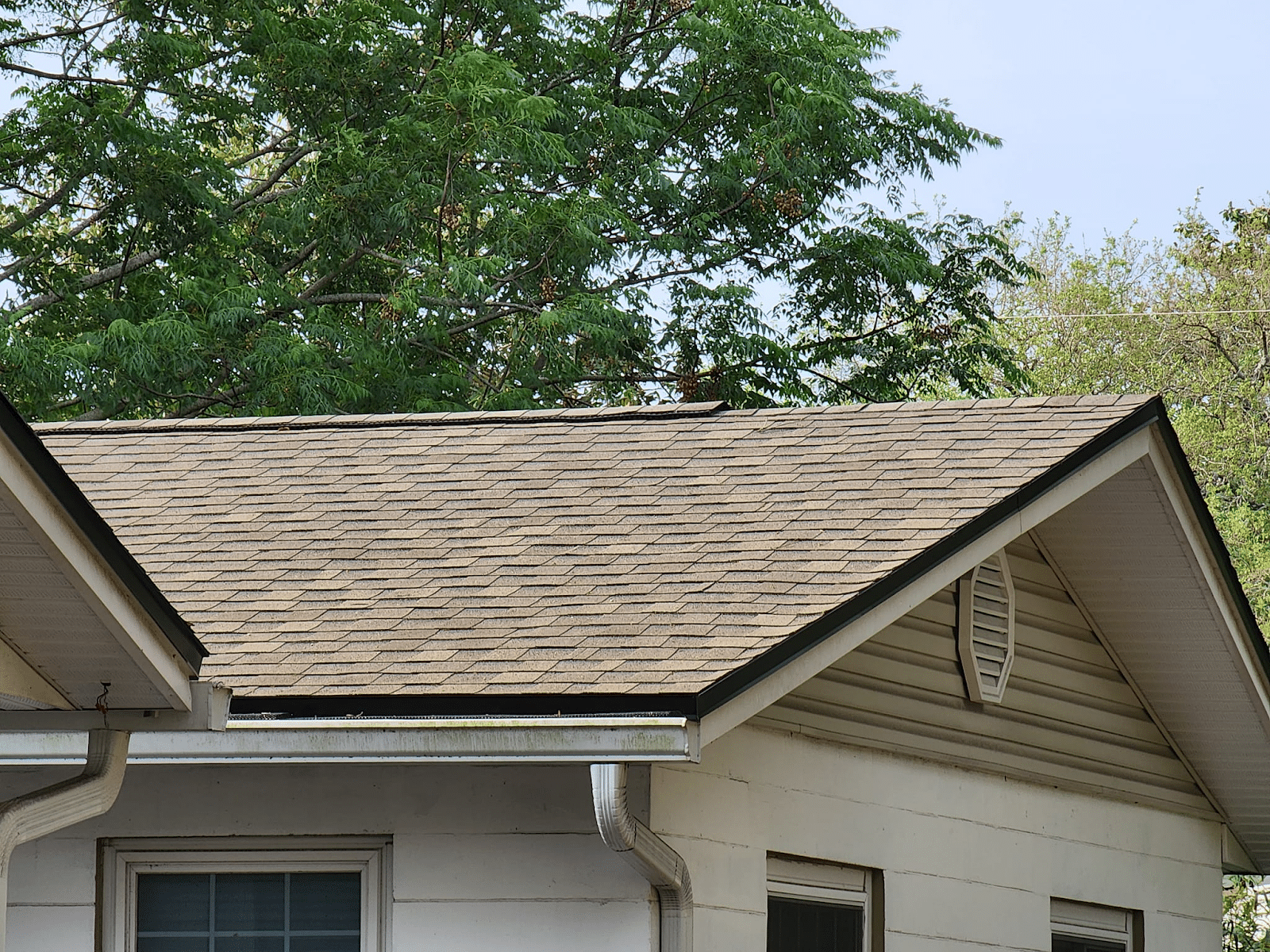Comparing Window Materials: Which is Best for Newtown, PA Homes?
Introduction
Getting a brand new set of windows can address multiple issues simultaneously increasing natural light, regulating home temperature, and enhancing curb appeal!
The effectiveness of those windows depends on the materials used, such as the type of glass and frame. With a variety of window materials available, you may be unsure of the best choice for your home’s frame. We are here to assist, let’s get started!
1: Wood Material

If you want a natural look, wood will definitely be the best material for your windows. Many homeowners choose it for a variety of reasons. Wood provides a conventional look to a house.
Wood is a long-lasting material sourced from nature that is eco-friendly and can be crafted into various forms and dimensions. Like the benefits of using wood for replacing windows, there are also drawbacks to consider.
Pros:
- Wood is durable and becomes more resistant as it ages, ensuring lasting durability.
- Can be colored or treated to coordinate with any style or enhance current hues.
- Doesn’t permit as high levels of condensation as other substances.
- Provides improved insulation for maintaining warmth in winter and keeping cool in summer.
- Improves the appearance, especially for older homes, and increases the property’s worth.
- Offers excellent noise isolation
Cons:
- Vulnerable to decay and distortion due to weather conditions
- Susceptible to bugs and other pests, particularly termites.
- They need additional upkeep. Regular maintenance, like painting, staining, caulking, and cleaning, is necessary.
- Although more expensive to start with than other materials, they will endure for a lifetime with the right maintenance.
2: Vinyl
Vinyl frames are usually composed with PVC material, which is used in various household items. Apart from this, they can also be used for plumbing and construction.
Pros:
- Vinyl window frames offer high levels of energy efficiency. This feature applies when the windows have an Energy Star Rating.
- Vinyl hardly needs any maintenance. Cleaning vinyl is a simple task that can be done easily with standard household cleaning products. Painting or staining is not necessary.
- Vinyl’s ability to resist UV rays helps prevent decay and rust.
- Anticipate a life expectancy of 15 to 20 years.
- Vinyl is generally more affordable than materials such as wood or fiberglass. According to the Cost vs. Value Report, this represents a solid ROI of 74.3 percent.
- Simplified and easy installation process for a lighter weight.
Cons:
- Limited design options. Painting on vinyl is not possible, which restricts the available color choices.
- It is possible that deeper colors could lose their intensity as time goes by.
- Vinyl is composed of synthetic materials, making recycling challenging. Manufacturers have attempted to enhance this aspect, but the expense may exceed that of remanufacturing it entirely.
3: Fiberglass Material
Fiberglass frames are durable and weather-resistant, requiring less maintenance than wooden frames while still being able to replicate their natural look. Fiberglass frames are perfect for those who prioritize both durability and style, offering excellent energy efficiency and color choices.
Many fiberglass frames are still relatively new in the market and have some minor issues that need to be resolved. The colors of the items may become less vibrant as time passes and there may be a slight delay in delivery due to them being made to order.
Pros:
- Fiberglass is regarded as the best insulator compared to other materials because of its foam-filled cores, which enhance its energy efficiency.
- Material that requires minimal upkeep and is durable against fading, flaking, and peeling. There is no requirement for painting again.
- Fiberglass remains stable and does not undergo expansion, contraction, or warping. It can endure high temperatures.
- Environmentally friendly. Fiberglass frames can be recycled entirely, reducing their environmental impact.
Cons:
- Fiberglass windows are more expensive.
- There is a limited selection of colors and hardware choices available, which makes customization more challenging.
- Due to its rigidity, fiberglass can be challenging to install and may require more time compared to alternative materials.
Bonus: Aluminum
Aluminum frames are ideal for warm, rainy, and humid climates because they are not prone to rot and can withstand extreme weather conditions like hurricanes.
They’re simple to paint and customize and are among the top frames available for maintenance and care.
Because of their metal composition, aluminum frames transfer heat, allowing warm air to enter your home in the summer and removing heat in the winter. As a result, aluminum frames are not considered very efficient in terms of energy and can cause higher electricity costs in the future.
Pros:
- Cheaper than wooden windows.
- Aluminum’s ease of manipulation allows for unique shapes and a customized fit, making it a flexible option.
- Aluminum is a strong material that is light in weight and simple to set up.
- Offered in durable baked-on coatings; no need for repainting.
- It provides a slim frame, resulting in increased glass space and enhanced views.
- Resistant to insects
Cons:
- Aluminum is not effective in preventing heat transfer, which makes it a highly inefficient insulating material with low energy efficiency.
- Condensation can develop within aluminum windows.
- If your residence is close to saltwater and air, aluminum is susceptible to corrosion.
So, Which Option is Right for You?
When it comes to choosing the right window frame for your purpose, you should always choose something that suits your location and purposes. For example, geographic location is a factor to incorporate in the decision-making process.
Not all window materials perform the same in harsh weather or near the ocean.
Also, ask yourself: are you more interested in a timeless classic appearance? Do you have the commitment to invest in continual maintenance with both time and money? Are you interested in customizable window frames? In that case, wood is likely the optimal option for you.
Do you favor a more affordable option that needs minimal upkeep?
Do you usually stick to standard color palettes and rarely switch them up? Are you interested in reducing your energy expenses? Vinyl could serve as your material.
So, make sure to keep these things in mind when you are buying a new window. While you are at it, try to take as much time as you can, as this is going to be a significant investment for you.







